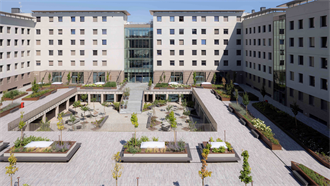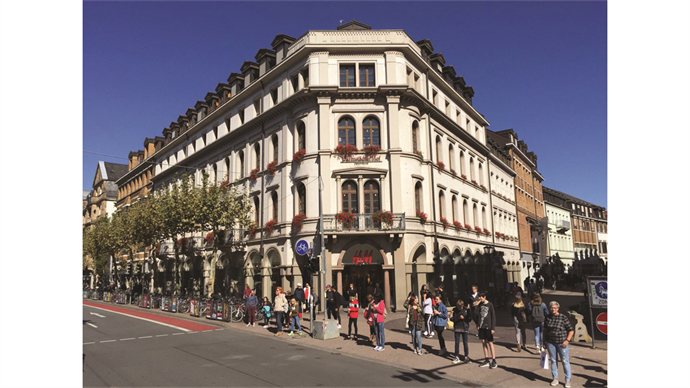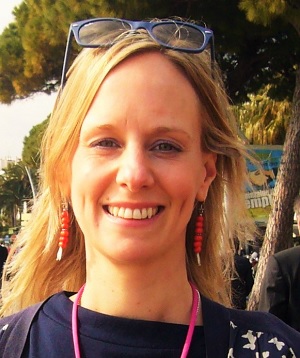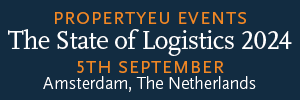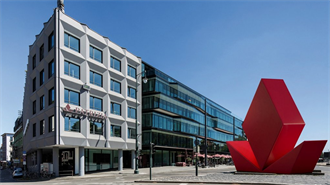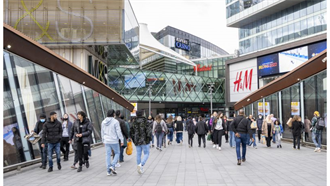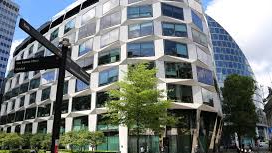Blackstone’s European retail property platform Multi is gearing up for a mixed-use future, where shopping centre tenants share space with alternative asset classes.
MAGAZINE: For Multi, the future of retail is ‘alternative’
- In Magazine highlights
- 10:08, 15 april 2019
Premium subscriber content – please log in to read more or take a free trial.
Events
Latest news
Best read stories
-

Firethorn Trust launches third-party management services
- 22-jul-2024
Real estate investor, developer and asset manager, Firethorn Trust has appointed Charlie Ingham as director of Firethorn Investment Management, its third-party investment, development and asset management services offering.
-

-

-
- 23-jul-2024
Stoneweg and Bain Capital divest Barcelona hotel
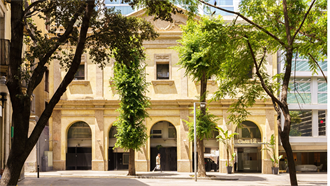
-
